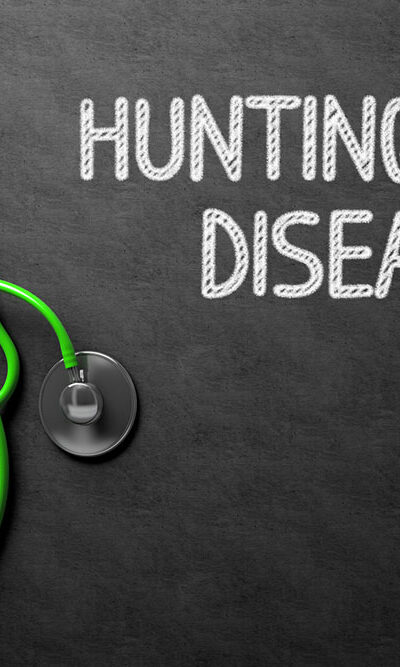
10 Lesser-Known Facts about Huntington’s Disease
Huntington’s disease is a life-threatening disease, related to neurodegeneration, which is caused by an imbalance in nucleobases such as cytosine, adenine, and guanine. This leads to a repeated expansion of the Huntington gene, which is commonly known as the HTT, and leads to the production of very toxic chemicals, which is known as the Huntington protein—mHTT. This mutant HTT (mHTT) protein is responsible for progressively destroying neurons in the brain. This greatly affects neuromuscular and cognitive abilities that start rapidly declining. Therefore, it is important to know some essential facts about Huntington’s disease. In this way, you can be better informed about this condition and how it can be managed. Statistics of people affected It has been reported that Huntington’s disease affects about 1 in 10,000. There are about 30,000 people in the country who have shown the symptoms of the disease. Moreover, there are about 200,000 people in the country who have the chances of inheriting this deadly disease. Family history Every human being has the gene that is responsible for causing the disease, in their body. However, this disease can only be developed by people who have inherited it and can even potentially pass on to the next generation as well. Anyone who inherits the expanded Huntington gene has a chance of developing Huntington’s disease. Solution for newborns For newborns, there are screenings that can help in searching or detecting any kind of serious health condition. There will be relevant treatment options available for that as well, which can provide a clear advantage. The testing will be state-run. Complications of the disease Deaths caused due to this disease mainly occur due to the complications that are caused by the disease, and not due to the disease itself. The most common symptoms that occur as a result of this disease is difficulty in swallowing.










